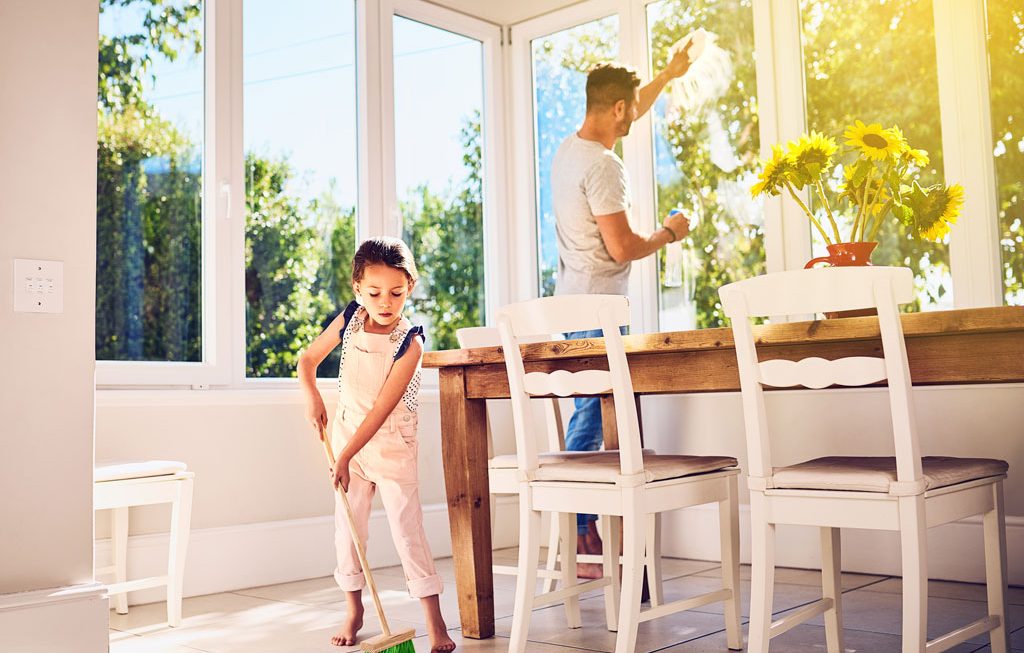by Katie Bennett, Family Mediation Hawaii
How to Navigate Divorce and Separation Without Going to Court
Divorce and separation are often associated with acrimony, lengthy legal battles, and emotional turmoil. The very idea of court proceedings can be daunting for many families going through these difficult times. However, there is a gentler and more empowering alternative: mediation. Mediation can resolve disputes and empower families during divorce and separation, offering a path towards a more amicable and less adversarial resolution.
In the traditional approach to divorce, couples who cannot resolve their differences often turn to the court system to settle their disputes. This path can be costly, time-consuming, and emotionally draining. It can lead to a litigious battle that ultimately serves neither party’s best interests, and it can be particularly damaging for any children involved. The research is clear: it’s not divorce/separation that negatively impacts children, it is parental conflict. Why not try a collaborative approach to this transition by building on parents’ shared interests in loving their children, minimizing stress, and preserving their resources?
Mediation is a voluntary process in which a neutral third party, known as a mediator, helps couples in conflict reach agreements and find solutions that work for both parties. Mediation can be used in various family law matters, including divorce, child custody, property division, and spousal support. The key difference between mediation and litigation is that in mediation, the couple retains control over the outcome, while in court, a judge makes the decisions for them.

The Benefits of Mediation
Empowerment: Mediation empowers families by giving them the opportunity to be actively involved in shaping their own futures. Instead of leaving important decisions in the hands of a judge who may not fully understand the family’s unique circumstances, mediation allows couples to make choices that align with their specific needs and values.
Reduced Conflict: Mediation encourages open and constructive communication. By focusing on problem-solving and understanding each other’s perspectives, couples are more likely to find common ground and reach mutually acceptable solutions. This reduces conflict and animosity, leading to a less hostile and more harmonious post-divorce relationship.
Cost-Effective: Mediation is generally more cost-effective than litigation. Court proceedings often involve attorney fees, court fees, discovery costs, hiring experts, and other expenses that can quickly add up. In contrast, mediation tends to be a more affordable option, as it typically requires fewer hours of professional assistance.
Faster Resolution: Mediation can lead to quicker resolutions compared to the often lengthy and drawn-out court processes. Most people don’t realize that a contested divorce can drag on for years before there is a final resolution. In contrast, a mediated divorce generally takes three to six months. This allows families to move forward with their lives and begin the healing process sooner.
Privacy: Court proceedings are a matter of public record, which means that intimate family matters can become accessible to anyone who wants to review them. Mediation, on the other hand, is a private and confidential process, ensuring that the family’s sensitive information remains confidential. Parties submit their uncontested divorce by affidavit paperwork to the Family Court and wait for the judge to sign off on it. There are no hearings to attend.
Child-Centered Solutions: When children are involved, mediation provides a more child-centric approach. The focus is on creating developmentally appropriate parenting plans that are in the best interests of the children and consider their unique needs.
Flexible and Creative Solutions: Mediation allows for flexible and creative solutions that can address specific family dynamics. The parties can craft arrangements that are tailored to their situation, rather than adhering to a one-size-fits-all approach imposed by a court.

Overcoming Challenges in Mediation
While mediation offers numerous benefits, it’s essential to acknowledge that it may not be suitable for every situation. There are challenges to consider, such as:
- Safety Concerns: In cases of domestic violence or a significant power imbalance, mediation may not be a safe or viable option. Safety should always be the top priority.
- Unwillingness to Cooperate: If one or both parties are unwilling to cooperate, be transparent, and negotiate in good faith, mediation may not be effective. The success of mediation relies on both parties’ willingness to find common ground.
- Complex Legal Issues: In cases with highly complex legal or financial issues, such as high net worth divorces, mediation may require additional legal and financial expertise to ensure a fair resolution.
Divorce and separation do not have to be ugly, adversarial battles. Mediation offers an alternative path, one that focuses on empowering families, fostering cooperation and preserving resources. By resolving disputes through mediation, couples can create a more harmonious and child-centered post-divorce environment. This process is not just about avoiding court; it’s about creating a positive and customized future for everyone involved.
The decision to mediate is not just a legal one; it’s a personal one. It’s a decision to empower families to take control of their own destinies, make choices that align with their values, and build a brighter future.
At Family Mediation Hawaii, we help families reach fair, efficient, low-cost settlement agreements in a timely manner. Our mediators provide legal education so families can make smart decisions and forge a healthy path forward. Going to court should be a last resort. We understand that divorce and separation are difficult life transitions, but you can choose to respectfully emerge from this process as whole as possible. Your children will thank you.

Katie Bennett is a trained mediator, family lawyer, educator, social worker and child advocate with many years of experience settling & litigating disputes in the areas of divorce, paternity, guardianship, adoption and child welfare. Learn more at FamilyMediationHawaii.com.
Five Tips for a Healthy Divorce
- Think it through. Don’t rush to file legal paperwork in a fit of anger. Make sure you have tried everything to make it work. Long, expensive, high conflict divorces are often fueled by lack of closure. People irrationally spend money on lawyers because they are not done with one another.
- Get a therapist. Divorce is a life transition that requires significant emotional adjustment. Get the support you need to navigate emotional ups and downs. Plus, it will save you money since co-pays for individual therapy are a lot cheaper than your lawyer’s hourly rate.
- Be transparent. Hiding assets and income might seem like a smart move but you are not the first divorcing individual to think this. A rational spouse may feel compelled to go to court and utilize subpoenas and other expensive discovery tactics to uncover hidden income or assets.
- Engage a neutral. Whether you use a professional mediator, a trusted friend, or a pastor, find someone you and your spouse/co-parent both trust and respect to help guide you. It doesn’t have to get ugly.
- Avoid combative thinking. It is a mistake to think of your spouse/co-parent as an adversary. You have shared interests in minimizing stress, expense, and time spent litigating. The research is clear: divorce is not bad for kids, but sustained parental conflict is a toxic childhood experience.





